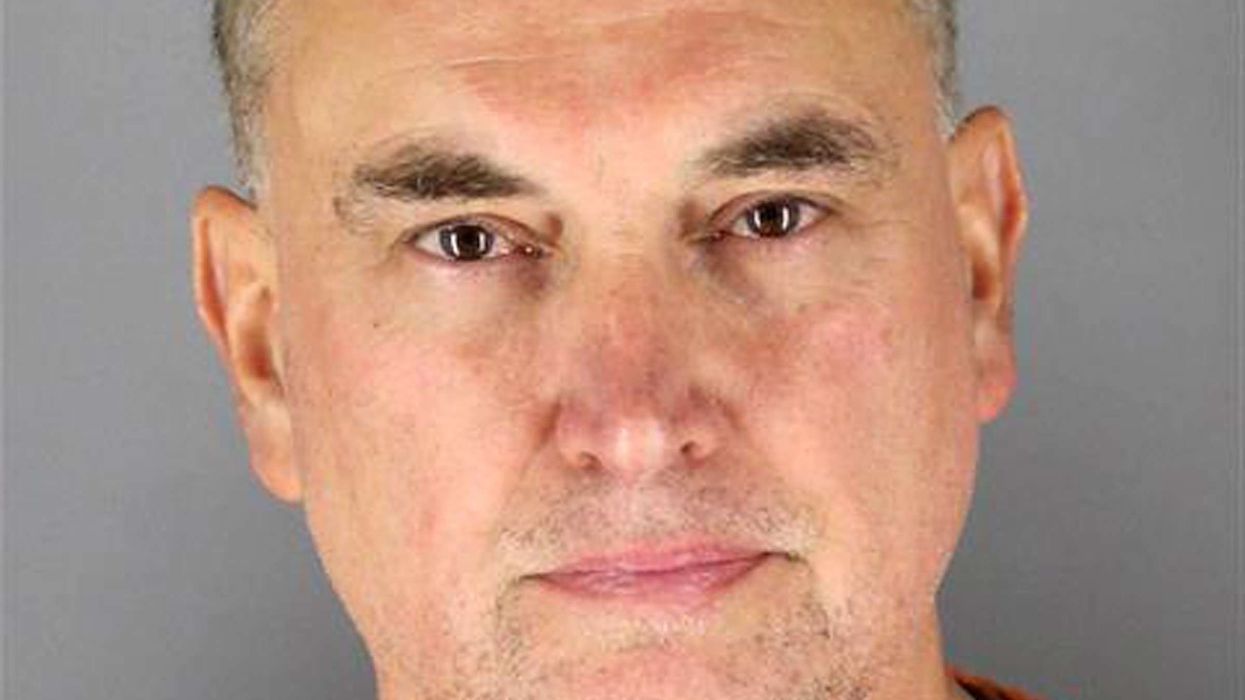US law enforcement officials in Minnesota caught the suspected killer of a Democratic state lawmaker and her husband on Sunday, authorities said, ending a two-day manhunt.
The suspect, 57-year-old Vance Boelter, allegedly disguised himself as a police officer, then shot and killed Democratic state representative Melissa Hortman and her husband Mark at their home early Saturday.
Boelter was captured in Sibley County, a rural area where the murders had occurred about an hour southwest of Minneapolis, police and state officials said.
"After (a) two-day manhunt, two sleepless nights, law enforcement have apprehended Vance Boelter," Minnesota Governor Tim Walz told a late-night news conference.
Police described the search as the "largest manhunt in (the state's) history", with 20 SWAT teams and several agencies working to find him.
Jeremy Geiger, assistant chief of the Minnesota State Patrol, told reporters that Boelter had been "taken into custody without the use of force."
Before the murders, Boelter also allegedly attacked two others nearby -- Senator John Hoffman and his wife Yvette, who survived and were treated for serious injuries, authorities said.
"The latest news is Senator Hoffman came out of his final surgery and is moving toward recovery," Walz told reporters.
Hoffman was shot nine times and Yvette eight times, according to US Senator Amy Klobuchar.
Political motive suspected in targeted killings
A notebook containing the names of other lawmakers and potential targets was found inside a car left by Boelter at the Hortmans' home, which Drew Evans, head of the Minnesota Bureau of Criminal Apprehension, said earlier Sunday was not a "traditional manifesto."
"I am concerned about all our political leaders, political organizations," Klobuchar said Sunday.
"It was politically motivated, and there clearly was some throughline with abortion because of the groups that were on the list, and other things that I've heard were in this manifesto. So that was one of his motivations."
As speaker of the Minnesota House of Representatives from 2019 to January 2025, Hortman was committed to legislation that protected reproductive rights in the state, local media reported.
Leaders warn violence must not become the norm
The United States is bitterly divided politically as President Donald Trump embarks on his second term, implementing hardline policies and routinely insulting his opponents. Political violence has become more common.
Trump himself survived an assassination attempt last year, with a second attempt foiled by law enforcement.
Pennsylvania Governor Josh Shapiro's home was set on fire this year.
An assailant with a hammer attacked the husband of then-US House speaker Nancy Pelosi in 2022.
"(This is) a moment in this country where we watch violence erupt," Walz said after the arrest.
"This cannot be the norm. It cannot be the way that we deal with our political differences."
US Senator Rand Paul of Kentucky, who was attacked by a neighbor in 2017, told NBC that "nothing brings us together more than... mourning for somebody else who's in political life, Republican or Democrats."
The shootings came on the day a dramatic split screen showed a country divided: hundreds of thousands of protesters across the United States took to the streets to rally against Trump as the president presided over a military parade in Washington -- a rare spectacle criticized as seeking to glorify him.
Trump has condemned the attacks in Minnesota on the lawmakers and their spouses.
The president was asked in a Sunday interview with ABC News if he planned to call Walz, who was Kamala Harris's running mate in the election Trump won last year.
"Well, it's a terrible thing. I think he's a terrible governor. I think he's a grossly incompetent person," Trump said.
"But I may, I may call him, I may call other people too."
bur/dw/des/abs/dhw
© Agence France-Presse





